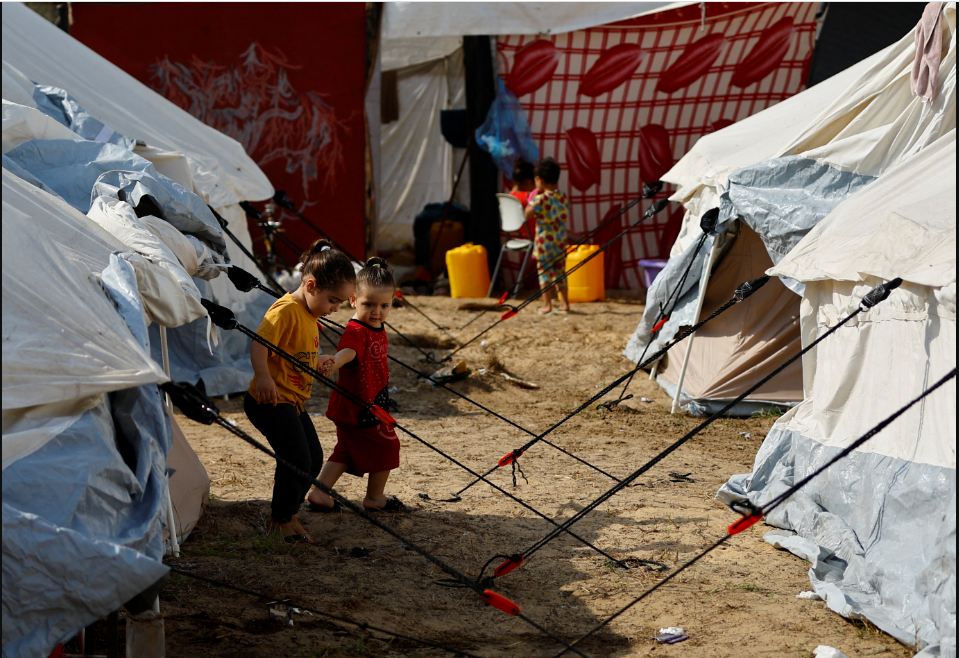Indians wage online battle against citizenship law
New Delhi (Reuters) – As protests rage across Indian universities against a new citizenship law, students have taken to social media to wage battle online and teach people how to organise demonstrations.
Instagram is popular with some because it can be used to share pictures and video, while its settings allow protection against the online harassment that users can suffer on other platforms.
“I don’t like Twitter because each time I open it I see so much hate,” said Abdul Rehman, 22, an engineering student at New Delhi’s Jamia Millia Islamia University.
“There is no way to control who is viewing or sharing my pictures or videos on WhatsApp and most of my audience is not on Facebook.”
Tens of thousands of Indians have protested against the Citizenship Amendment Act (CAA), with students at the forefront.
Approved by India’s president last week, the law paves the way for minorities from Pakistan, Bangladesh and Afghanistan to get Indian citizenship, but critics say it is biased against Muslims.
One protest on Sunday culminated in police storming the Jamia Millia Islamia University, leaving some 200 injured.
Current and former students have taken to Instagram, a photo and video sharing platform known for lifestyle content, to express their disapproval.
“We millennials are always active on Instagram,” said Islam Mirza, who completed a masters in business administration at Jamia earlier this year. “Whether it is to call off the protest, whether it is to organise the protests, whether it is to instruct students what to do or what not to do to help keep the protests peaceful, we use Instagram as a messenger.”
Many also use the platform to educate others about what they see as potential concerns with the new legislation.
While Facebook and its messenger WhatsApp are also being used to drive conversations about the CAA and protests, over half a dozen students from Jamia said Instagram was their preferred choice of social media.



